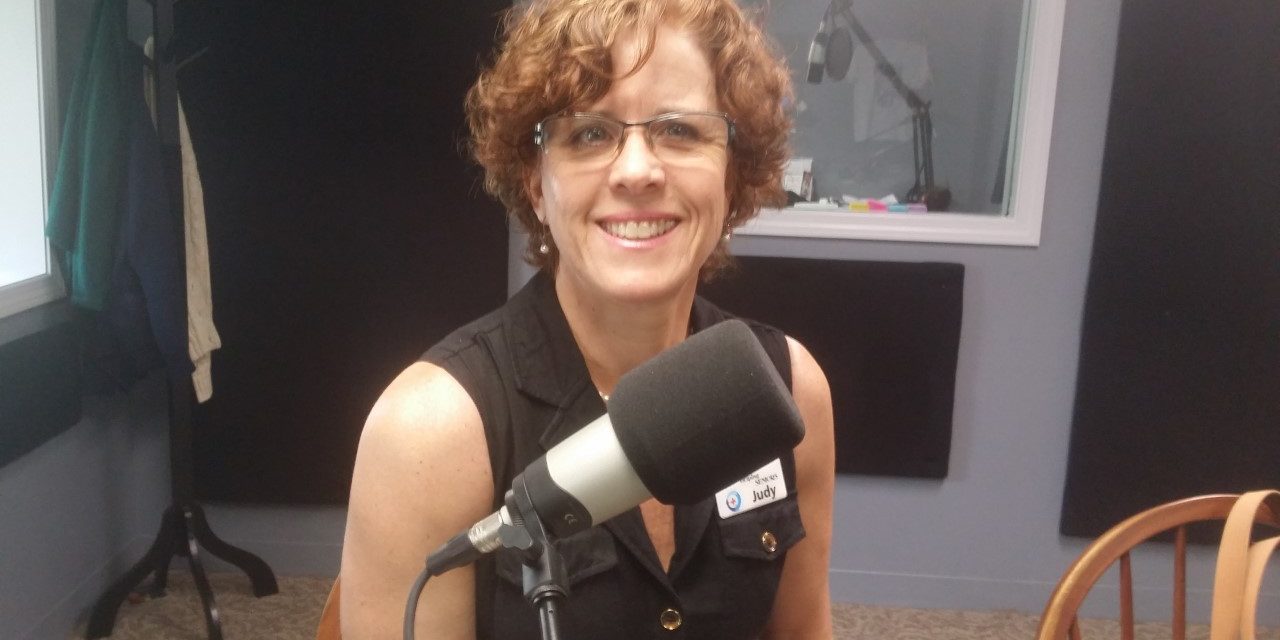
This segment of “Caring for Seniors,” Judy and Rich talk about obtaining home care services. Many people asked about the process of getting home care and the costs. It sounds straightforward, but it can be a long and confusing process if you are under pressure. You can be hurried and overwhelmed if you are in the hospital. So Judy decided to go through the process step by step.

Obtaining Home Care Services
Let’s say Mom or Dad is in the hospital for three days due to a fall or illness and Medicare is paying for their visit. Now towards the end of the stay, the hospital is talking about rehabilitation or home health services.
Rehabilitation usually involves loss of functional ability, how well you are able to take care of yourself or how well your body takes care of itself. Rehab helps build the strength and is also paid by Medicare.
Or you don’t go to rehab and you are supposed to go home the next day while not feeling a hundred percent. This can put a lot of pressure on not only Mom and Dad, but the adult children who are looking after them.
Maybe they are overwhelmed. Maybe they have to be at work tomorrow and can’t get the day off. Maybe their parent needs more care than they can give.
What social workers most talk about is a referral to home health services. This means a nurse might come twice a week to help with a bath, maybe a physical therapist or speech therapist comes to help build strength and this is also covered by Medicare.
To qualify for home health services you need to: one, have a goal to work towards; two, the parent is participating and not refusing care; and three, you truly need to be home-bound.
What’s been confusing for adult children is that they might not know the difference between home health services and home care. As discussed, home health involves your health and building up strength. Home care is someone spending the night, helping around the house, meal prep, taking you for errands.
Home care is not considered medical. It can catch a lot of people off guard. Then they are confused about how it is paid. Most of the time it’s out of pocket, though there is a state program called Choices for Independence which helps pay for care. Also long term insurance can help pay for home care if you need help with two out of the six daily living activities.
Check out the whole segment here.

